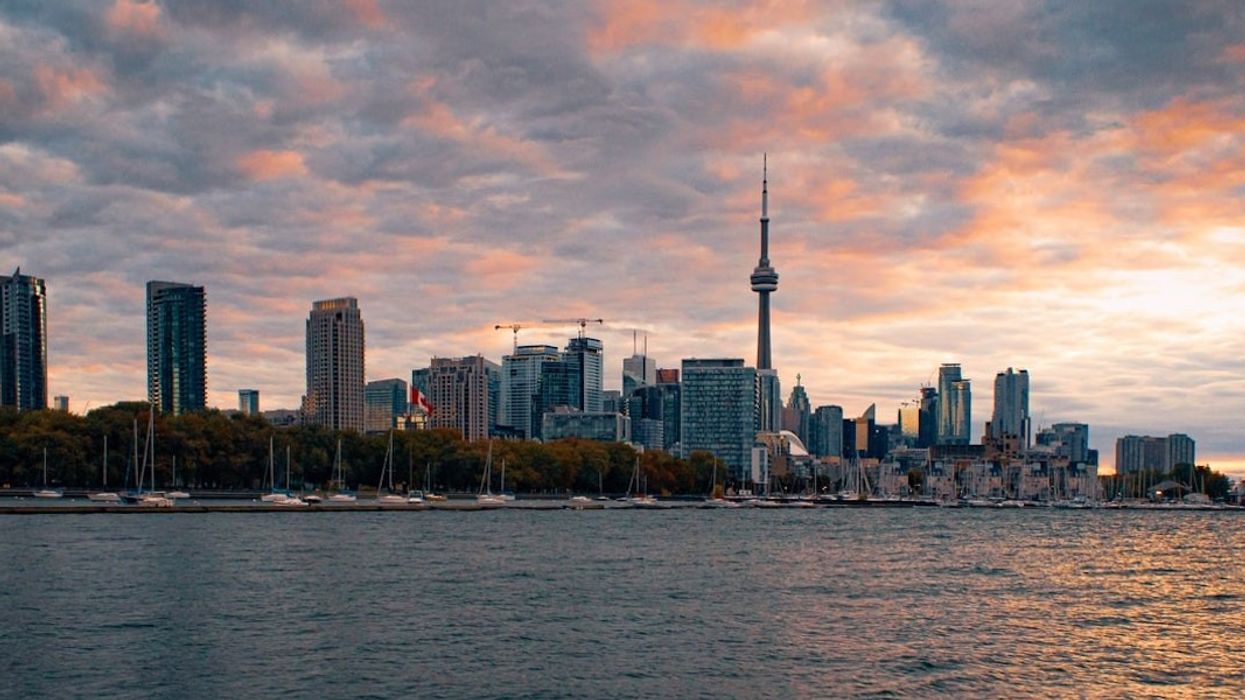The City of Toronto is calling for a multi-level government partnership, with the goal of creating 3,000 permanent, affordable homes over the next 24 months.
In alignment with the ongoing pandemic, the municipality has issued the COVID-19 Housing and Homelessness Recovery Response Plan, which is directed toward creating thousands of living spaces for homeless, vulnerable, and marginalized residents. The plan calls for a Federal-Provincial-City partnership, which would facilitate the creation of 3,000 homes in two years' time.
According to the city, these investments will support the Council-approved HousingTO 2020-2030 Action Plan aimed at helping more than 340,000 households in Toronto over the next 10 years.
The projected 3,000 homes would be made up of: 1,000 new permanent modular homes; 1,000 new permanent affordable rental homes created through acquisitions and shovel-ready construction projects; and new portable housing benefits that will assist 1,000 people secure housing and pay rent.
Additionally, the plan calls for funding to assist 2,000 of these residents with the supports required to maintain stable housing; resources such as mental health services, substance abuse services, assistance with daily living activities for those with disabilities and senior services are included in these supports.
"Addressing the housing and homelessness issue is a big priority for our city but we know we cannot do it alone. This call is for our Federal and Provincial governments to partner with us on housing to provide a real solution. COVID-19 has heightened the housing issue on so many fronts which means we must act now to create more permanent supportive housing solutions," said Mayor John Tory. "Our plan is cost-effective and socially responsible and will address the continuing challenges when it comes to housing.”
READ: Historic Loblaws in Toronto Reopens to Public Nearly 100 Years Later
Pre-COVID, the average cost to operate a shelter bed in Toronto was more than $3,000 per month. This cost has now doubled, as a result of both the increased space and protective resources required due to the pandemic. To move 3,000 individuals from shelters and into permanent housing -- with supports -- would provide a cost savings of up to $15 million per month, or $180 million per year, the city says. This is assuming COVID-related physical distancing standards remain in place for the foreseeable future.
The savings are increased even further when considering the reduced costs to the healthcare, long-term care, and justice systems that occur when people exit homelessness. What's more, the plan will help create employment opportunities during a time when it's critical to get individuals back to work; every $1 million invested in housing creates approximately 10 direct, indirect and induced jobs.
Overall, the Housing and Homelessness Recovery Response Plan proposes to fast-track and expand initiatives under the National Housing Strategy and other existing federal and provincial funding programs, while also reiterating previous requests to the other orders of governments on the City's HousingTO 2020-2030 Action Plan. The full details of the plan, as well as the breakdown of the funding request, can be found online here.
The request was developed based on work to determine what was required to respond to the pandemic, while planning for a more resilient future. It is also supported by two policy papers, the “Housing & People Action Plan” and the joint City-United Way Greater Toronto "COVID-19 Interim Shelter Recovery Strategy," both of which were prepared with input from a cross-section of housing and homelessness stakeholders for the Mayor’s COVID-19 Recovery Task Force.
Beyond identifying opportunities to leverage actions for more permanent solutions to homelessness, the Task Force advice on the COVID-19 Interim Shelter Recovery Strategy focused on specific actions needed over the next six to 12 months in order to strengthen effective shelter service delivery, and minimize the spread of COVID-19 in the shelter system. An implementation plan will be brought forward to Economic and Community Development Committee and Council in October.
“We have been hearing consistently from front-line United Way-funded agencies in communities across the GTA: without safe, secure housing, people too often remain trapped in a cycle of poverty. COVID-19 has revealed the inequity that exists in our region – home to great prosperity, and yet a place where too many struggle to find shelter," said Daniele Zanotti, President and CEO, United Way Greater Toronto.
"By coming together across sectors -- health, community services, shelter providers and housing providers, different levels of government, and a range of funders – and bringing forward voices from the Black and Indigenous community, we can take an integrated approach to provide promise of real solutions to homelessness.”





















